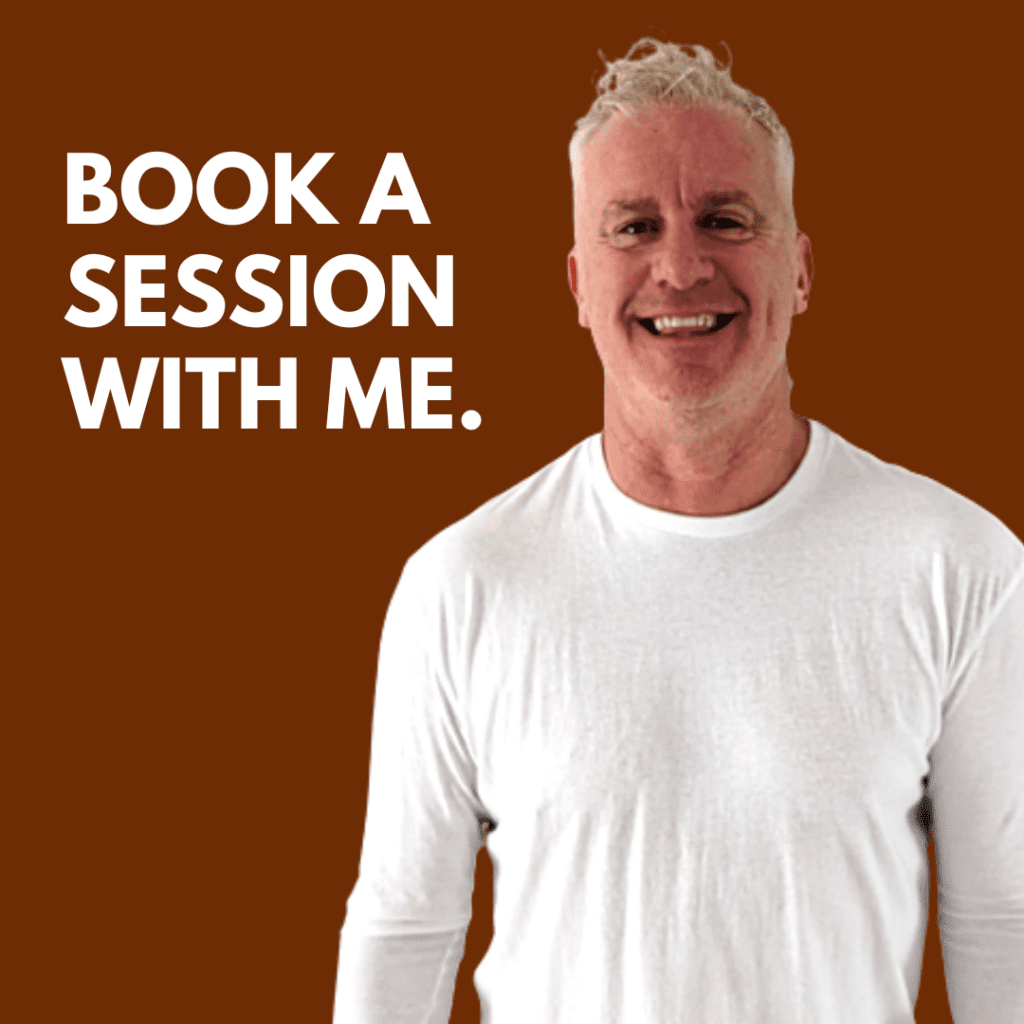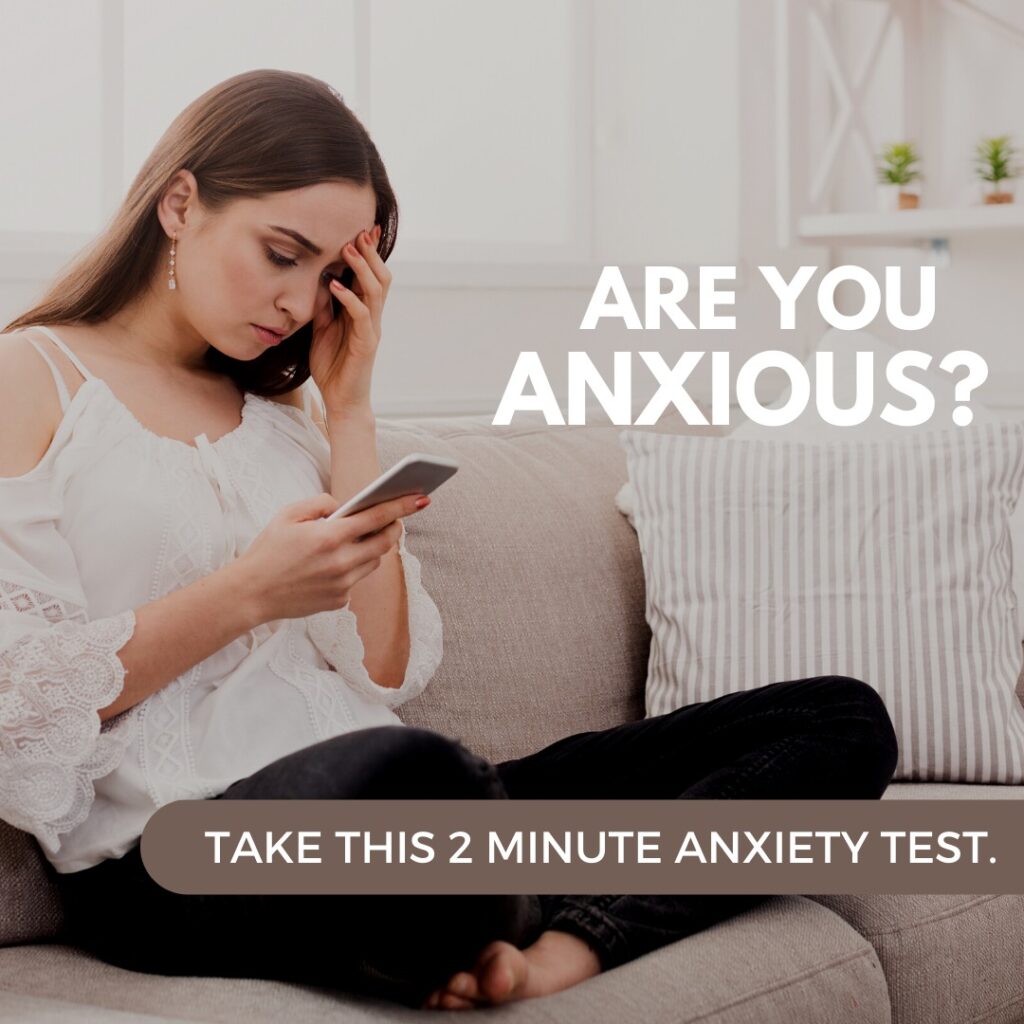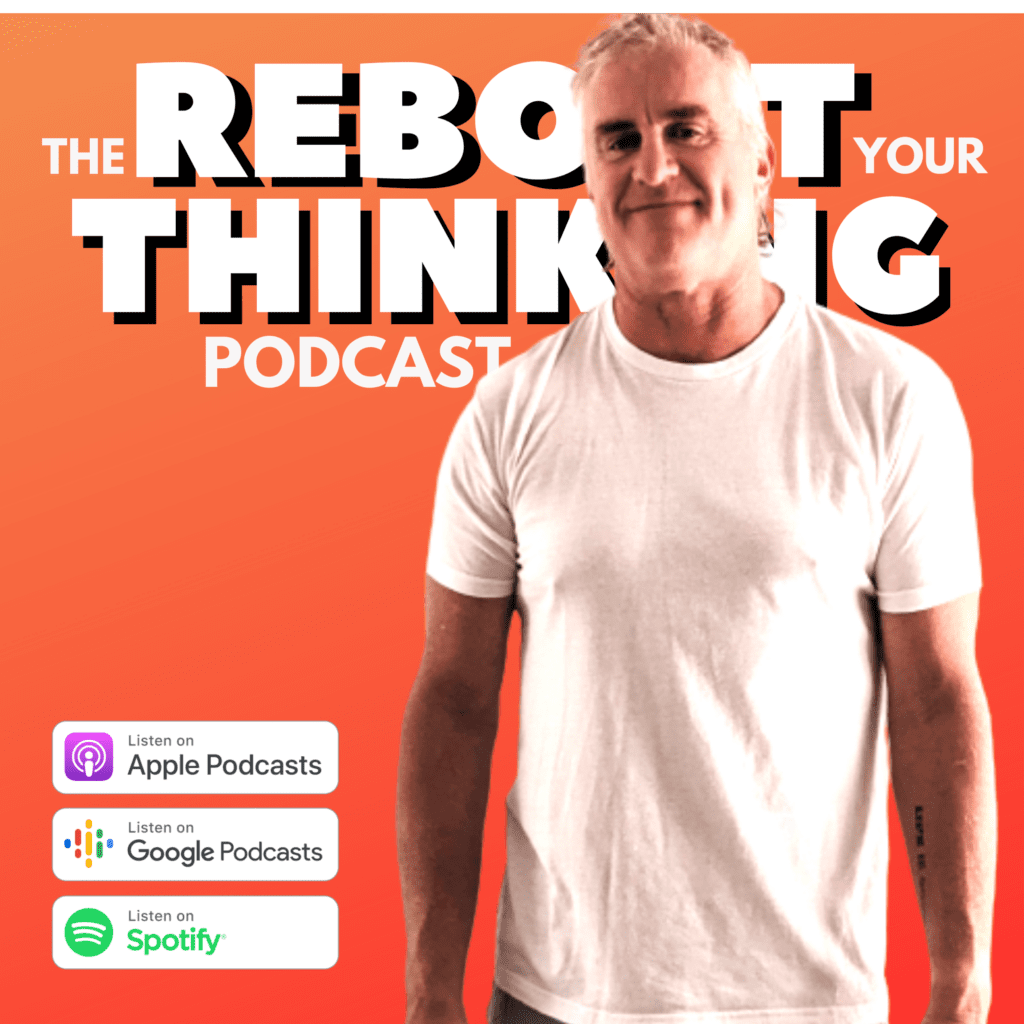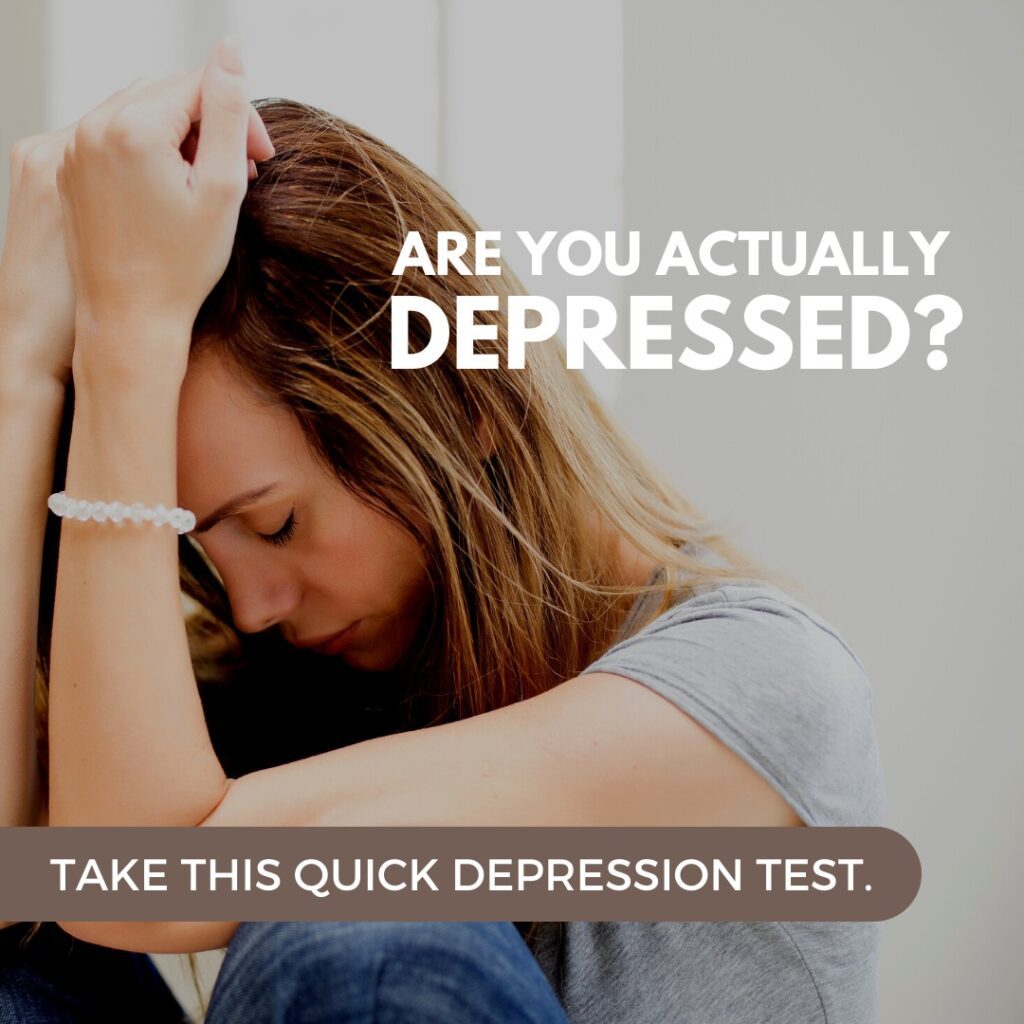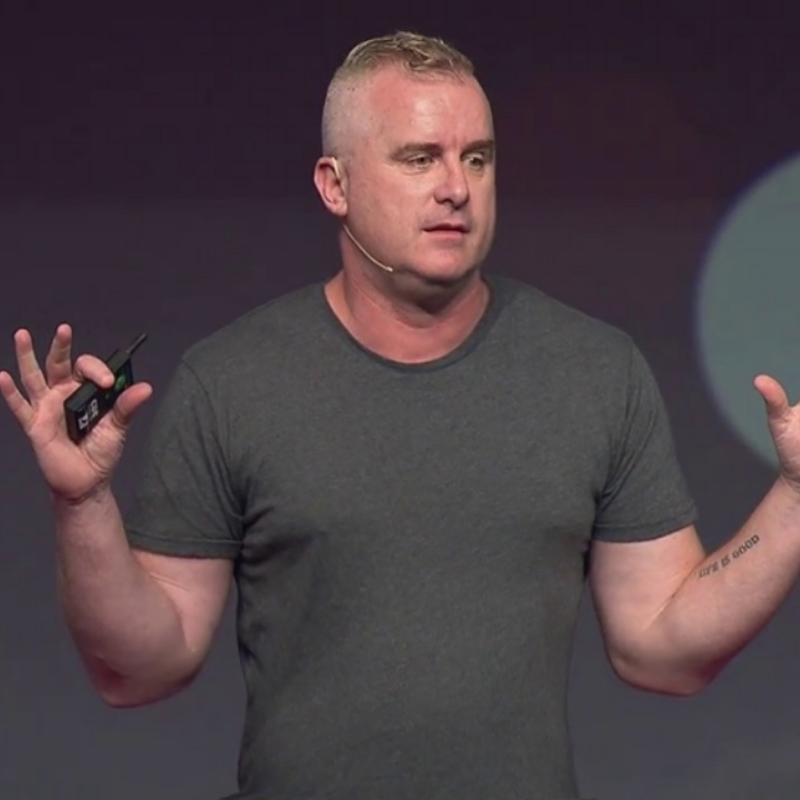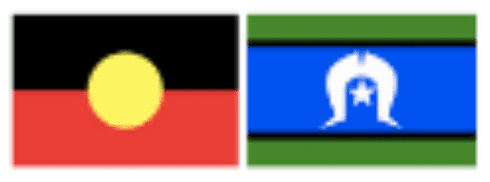Language matters, and words have power.
They have the power to encourage and praise and make someone feel really good, and they also certainly have the power to hurt and harm, and make someone feel less-than.
Often, it’s the words that we use to describe ourselves which is most hurtful. During therapy sessions that I have with my clients, they often refer to themselves in less than positive language, or give themselves labels like ‘manic’, ‘mad’, ‘crazy’, ‘bonkers’, ‘mental’, ‘psycho’, ‘nutter’, ‘schizo’, or ‘loony’. And I always remind them that I wouldn’t support them to speak about somebody else that way, so I am definitely not supporting them to speak about themselves that way.
We all use those words though, don’t we?
I use those words sometimes despite myself. But using them in the vernacular — and most often using them wrongly or inappropriately — doesn’t help those of us in the community who are actually living with these things, and might be struggling with how they speak and feel about themselves too.
One I hear a lot is someone referring to someone else who changes their mind a lot, or can be nice one moment and a bit terse in the next moment, as ‘schizophrenic’ or ‘bipolar’.
They might actually have schizophrenia or bipolar disorder, but that diagnosis being a general one for someone who portrays different moods, or changes their mind a lot, is just blatantly misused. It’s also ultimately really unhelpful for people who actually live with schizophrenia or bipolar, and might make them a lot less likely to disclose their diagnosis, or how they live with this stuff, to you.
Likewise, people referring to themselves as having OCD just because they like to hang the washing a certain way, or make a bed a certain way, or park their car in the same spot at work each day. As anyone who actually lives with diagnosed Obsessive Compulsive Disorder will tell you, that just makes you a bit fussy, it doesn’t rule your life, and it might not one day force you to end your life because you can’t escape it.
WATCH
Words have power.
And then there’s the language we use around that: suicide.
I hear this in the media a lot, phrases such as ‘committed suicide’, which harks back to a time when suicide was illegal and you were therefore committing a crime doing it. ‘Successful suicide’, which must be the biggest oxymoron of all time.
‘Unsuccessful suicide’, which reinforces to the person trying to die by suicide, who might already be feeling like they can’t get anything right, that they were not even able to achieve that.
I think we could look at ‘took his/her own life’ too, because I feel like this also insinuates that they have done something unlawful or immoral, blaming them again for their own death. Obituaries that say that the person ‘leaves behind a wife and two daughters’, is also victim-blaming I think.
And the only thing worse than that, in my opinion, is a news article talking about somebody’s suicide, but never actually saying the words at all. I find this happens a lot when famous people or sports people die by suicide. The news reader might say something like there are no suspicious circumstances surrounding the death, but then give the number of a suicide crisis line straight after it.
What can we say then?
We can speak it as it is.
They died by suicide.
They ended their own life.
While ever suicide is not spoken of at all, it just contributes to its misunderstanding, and ultimately reinforces the huge, ugly stigma around it.
Just say the words. As a society, we have grown up now. We can handle it.
Are you feeling unsafe or just need some extra support?
Check out my SOS page by clicking here. It has the crisis numbers for over 40 countries on there.


